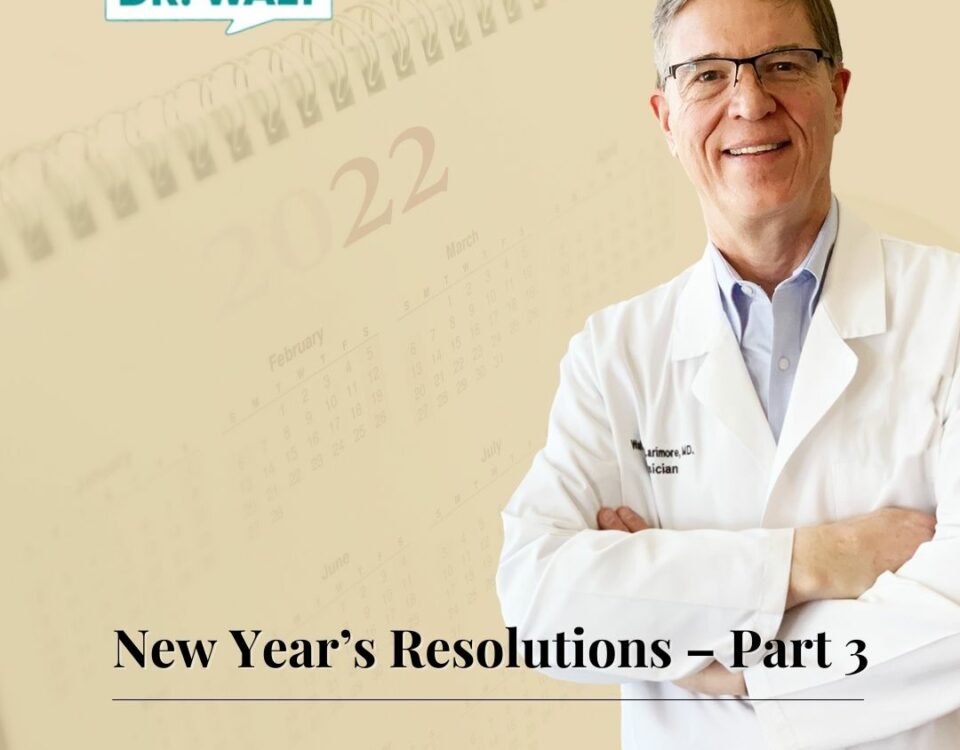Concerns About the HR3200 Healthcare Reform Bill
August 9, 2009Separating Swine Flu Myths From Facts
August 10, 2009In my new book (to be released in a couple of weeks), 10 Essentials of Happy, Healthy People, I have a chapter on “Avoid Loneliness Like the Plague.” Now, another expert and author on loneliness told a session Thursday on the opening day of the American Psychological Association annual meeting in Toronto that “being lonely isn’t bad for you, but staying lonely is!”
More Information:
According to a report in USA Today, John Cacioppo, a social neuroscientist at the University of Chicago, says being lonely at times is just fine, because everyone — no matter how popular or extroverted — experiences that feeling.
“If you’re an extrovert, you’re not going to be less lonely than any introvert,” he says. “And the extrovert needs more close friends than the introvert to not feel lonely,” he says.
The most recent U.S. data he’s studied has found that almost a quarter of people complain about frequently feeling lonely. But Cacioppo expects loneliness to increase due to longer lifespans and more years in widowhood, as well as the fact that single-person households have been rising in recent decades.
“We are seeing loneliness increase over time,” he says. “This is going to be a problem with which we need to deal.”
Loneliness has repercussions on health and well-being, he says, such as sleep dysfunction and higher blood pressure.
In the USA, loneliness is less of a risk because Americans are an individualistic culture. However, he says Americans get lonely at key times — “occasions when being together is a social norm” such as over holidays.
Cacioppo outlined a series of studies he’s conducted on various aspects of loneliness. Many of those are detailed in the 2008 book he co-authored, Loneliness: Human Nature and the Need for Social Connection, while other studies are yet unpublished.
Among the findings:
- Contrary to the popular wisdom that if you’re depressed, you get lonely, Cacioppo says if you are lonely, you get depressed. Although that finding was first published in 2006, he says a second follow-up study that has been accepted for publication provides more evidence that loneliness leads to depression, not vice versa.
- Marriage benefits your health, but only if you aren’t lonely in your marriage. If marriage reduces your loneliness, it will be beneficial to your health.
- There is a basic, human need to connect and when those efforts are frustrated, “we connect artificially” by befriending non-humans. Cacioppo says a set of studies over the past five years has shown that can’t replace human friendships, though.
- Loneliness may be contagious, similar to the way happiness has been shown to be contagious, according to yet unpublished research.
Loneliness comes down to quality, rather than quantity of friendships, Cacioppo says.
Studies of college students have shown that incoming freshman are particularly lonely during their first quarter of school even though they have roommates and are surrounded by people, for example.
“It’s not the number of relationships it really is the quality of those relationships that determines whether you feel socially isolated,” he says.
To learn more about the dangers of loneliness and to get tips on becoming happier and more highly healthy, get a copy of 10 Essentials of Happy, Healthy People when it comes out later this month.



0 Comments
I am going through a bout of extreme fatigue. My B 12 is low so I’m taking shots, but they don’t seem to help. Have you any articles on this subject? It’s becoming so that the fatigue is now interferring with all aspects of my life. Very troublesome. Thank you.
Time to see your doctor. He or she should be able to help.